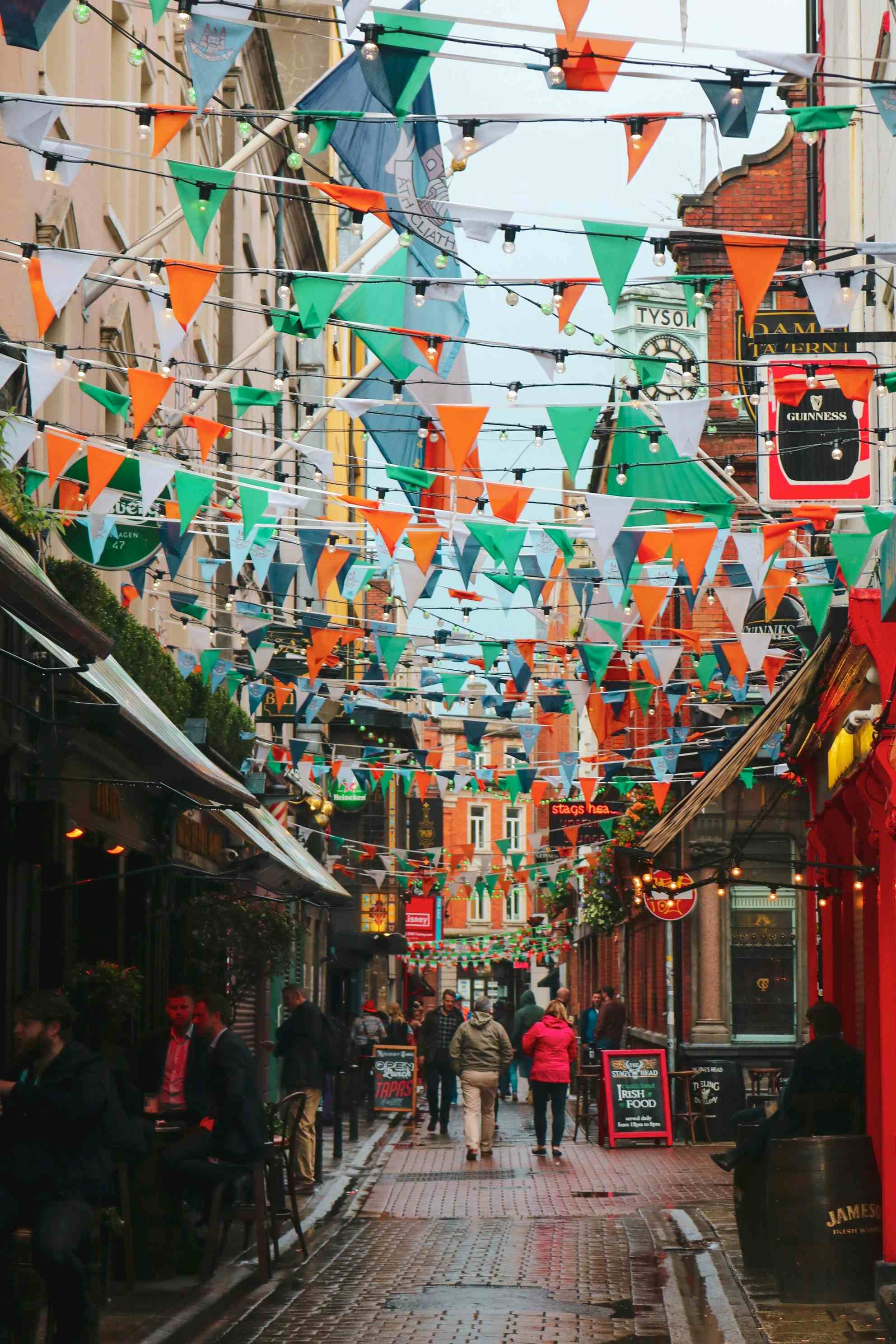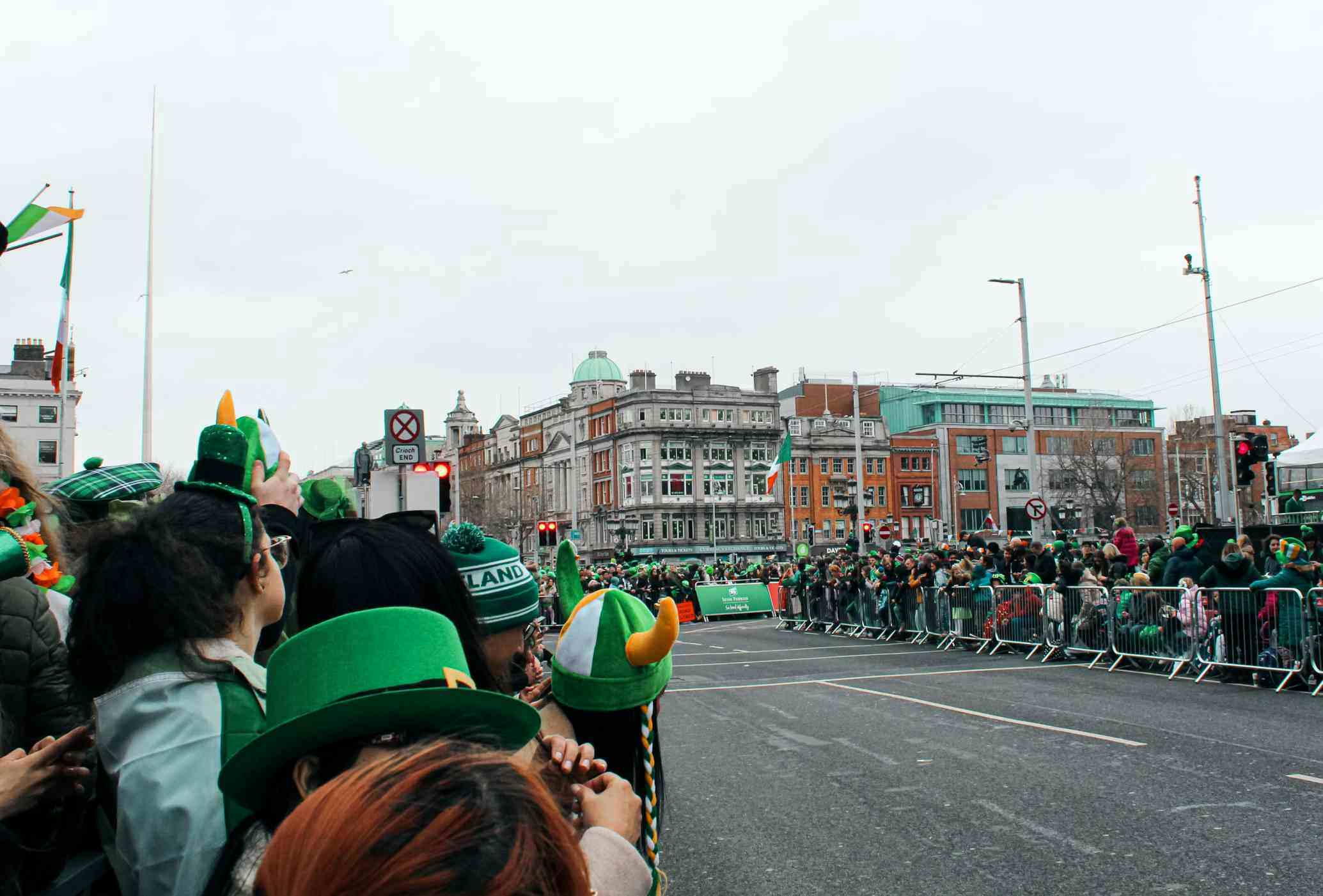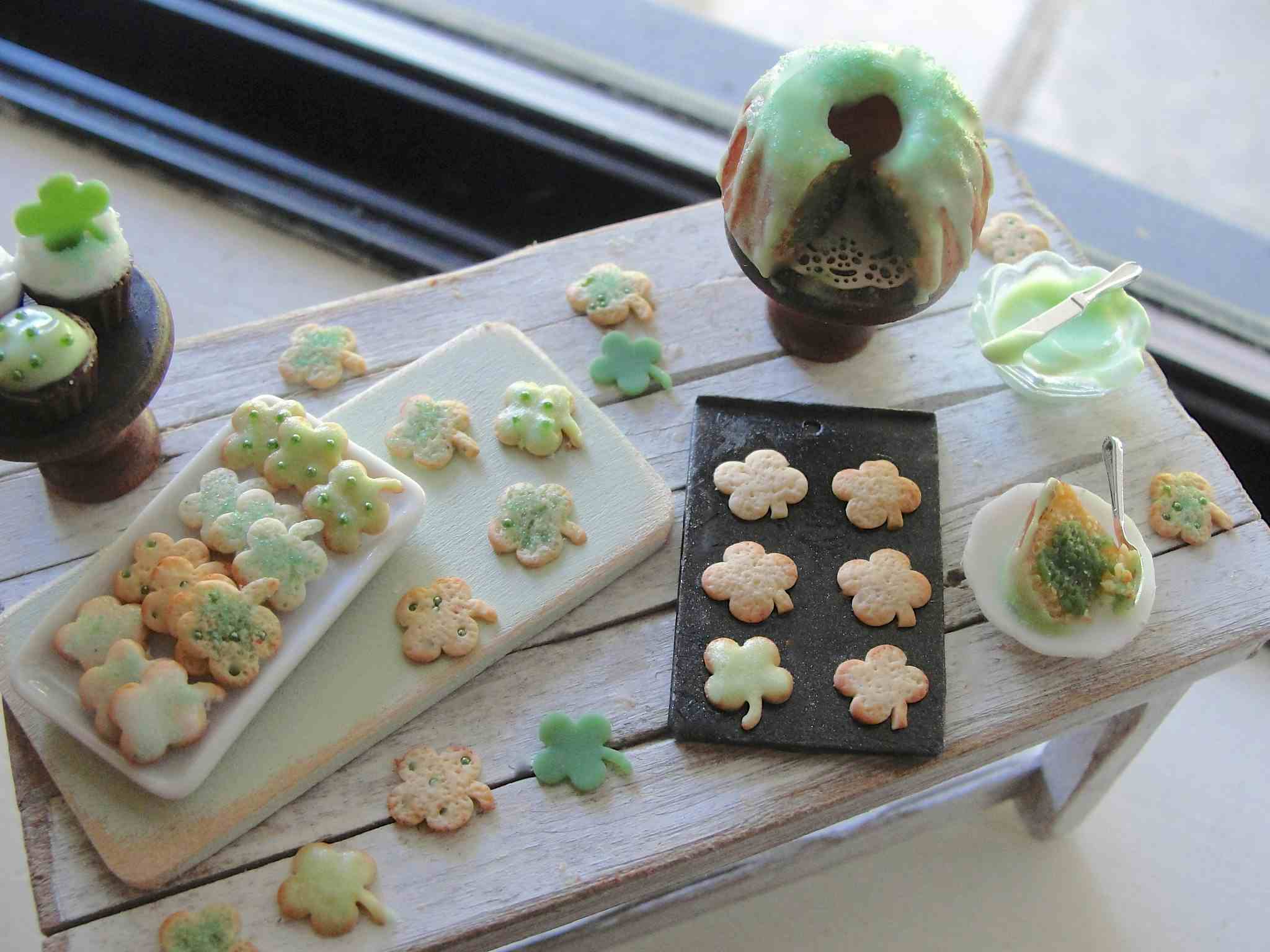
St. Patrick's Day 2024, 2025 and 2026
St. Patrick's Day is observed on March 17 and is celebrated to honor the Irish saint who is St. Patrick with his death anniversary and Irish culture. The day is filled with activities as well as traditions that are still in existence today, the day is celebrated globally by the Irish as well as others.
| Year | Date | Holiday | Day |
|---|---|---|---|
| 2024 | 18 Mar | Saint Patrick's Day | Monday |
| 2025 | 17 Mar | Saint Patrick's Day | Monday |
| 2026 | 17 Mar | Saint Patrick's Day | Tuesday |
Origins of Saint Patrick's Day
St. Patrick's Day is known to have originated in the 17th century alongside the death of St. Patrick in the 5th century. The story goes that he used a three-leaf shamrock to demonstrate the Holy Trinity which has since become a representation of the celebration. St. Patrick's Day was once celebrated because it allowed Christians in Ireland to visit churches and feast, which was otherwise not possible during the Lent season.
With time, St. Patrick's Day shifted from a religious observance into a broader celebration involving Irish culture and traditions. Contrary to popular believe, the first ever parade was organized in the United States during the 18th century for Irish immigrants. However, once the concept was introduced, Ireland quickly picked up. All the way in the 20th century, St. Patrick's Day began being celebrated as a national holiday and all thanks to the Irish government who wanted to boost tourism by organizing parades and events.

St. Patrick's Day parade in Dublin
Traditional Celebrations
Traditionally, St. Patrick's Day in Ireland is marked with a blend of religious observance and communal festivities. Many locals start the day by attending mass, paying homage to St. Patrick and reflecting on the spiritual aspect of the holiday. The day continues with widespread participation in parades and wearing of green or shamrocks, symbolizing Irish pride and the arrival of spring.
In different parts of Ireland, unique traditions add to the day's celebrations. For instance, in some rural areas, it's customary to wear a small bunch of shamrocks on the lapel, while others engage in the traditional "drowning of the shamrock" by placing it in the last drink of the evening—a nod to the hope of a prosperous year ahead. Local communities across the country organize their parades, each with its flair, showcasing local bands, dancers, and cultural exhibits.
Modern Celebrations
While St. Patrick's Day retains its traditional roots, modern celebrations in Ireland have evolved to include a more diverse array of events that cater to both locals and visitors. The day is characterized by a festive atmosphere that sweeps across towns and cities, with Dublin hosting the largest parade that attracts hundreds of thousands of spectators from around the globe. Beyond the capital, cities like Cork, Galway, and Limerick offer their unique takes on the parade, blending international influences with local traditions.
Contemporary celebrations also see the integration of arts and culture, with festivals such as St. Patrick's Festival in Dublin extending the festivities over several days. These events feature music, theater, art exhibitions, and workshops that explore Irish culture and heritage, offering something for everyone. Community-driven events, from céilís (traditional Irish dances) to local history walks, emphasize participation and the communal spirit of the holiday.
St. Patrick's Day Food and Drink
No St. Patrick's Day would be complete without mentioning the culinary delights that accompany the celebration. Traditional Irish foods take center stage, with dishes such as corned beef and cabbage, Irish stew, and soda bread served in homes and pubs across the country. These hearty meals are often accompanied by a pint of Guinness or Irish whiskey, beverages synonymous with Irish festivity.
For those looking to indulge in local specialties, many restaurants offer themed menus that include modern interpretations of traditional dishes. Seafood chowder, lamb shank, and colcannon are just a few examples of the fare enjoyed on this day, reflecting Ireland's rich culinary heritage. Additionally, many bakeries and cafes prepare special treats like shamrock-shaped pastries and green-colored desserts, adding a sweet touch to the celebrations.

St. Patrick's Day baking (Kim Saulter)
St. Patrick's Day in Ireland is a vibrant tapestry of tradition, culture, and community. From its historical roots as a religious feast day to its modern incarnation as a global celebration of Irish heritage, the day offers myriad ways for locals to engage with their history and culture. Whether through participation in age-old customs, exploration of the arts, or simply enjoying the company of friends and family over traditional fare, St. Patrick's Day remains a cherished occasion in the Irish calendar. It's a day to proudly celebrate what it means to be Irish, embracing both the solemnity of its origins and the joyous festivity that now defines it.